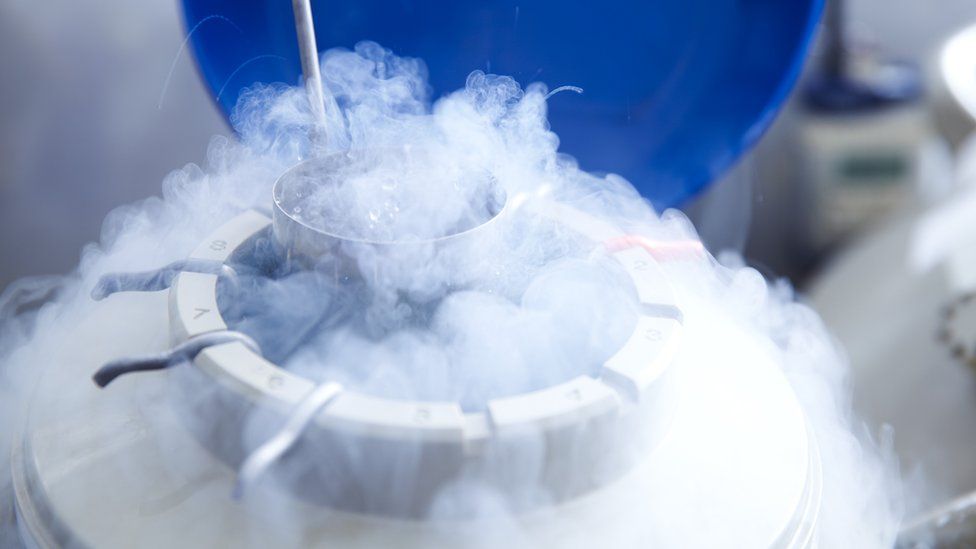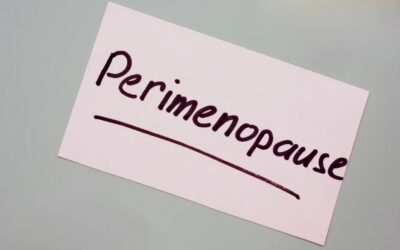There has been a lot of discussion about egg freezing in females. So we thought we would post about it, with the help of an article written by an embryologist, Emma, at Evewell fertility clinic.
Egg freezing can not guarantee that you will have a baby, just as IVF cannot.
Egg freezing is a great option for many people who would like to have a biological family of their own in the future. But, it can also be an overwhelming subject to navigate.
In this article, we’re exploring everything from what the egg-freezing process involves, important things to consider, how to prepare yourself for egg freezing, and how our team can support you.
What is egg freezing?
Egg freezing, or, as it’s sometimes known, social egg freezing, is in essence a ‘fertility preservation method that involves the cryopreservation of female human eggs.
It’s a great option for many people, including those who want children one day but aren’t quite ready to start their family just yet, or those who have a health condition that could affect their ovarian reserve.
The process involves using fertility medication to stimulate your ovaries to produce multiple mature eggs, then extracting these eggs from your ovaries, freezing them, and storing them until you’re ready to use them.
Who is egg freezing for?
There are a lot of reasons why someone may decide to freeze their eggs to increase the chances of having their own biological children in the future. From concerns about declining fertility, not being ready to have a baby, wishing to focus on a career, or maybe they just haven’t met a partner they want to start a family with yet.
There are also medical reasons to consider, such as cancer patients undergoing radiotherapy or chemotherapy treatments, anyone undergoing gender reassignment treatment, or those with PCOS, endometriosis, fibroids, or ovarian cysts.
If you’re considering egg freezing but not sure if it’s quite right for you, you may want to consider speaking to our fertility counsellor, who can help you get all of the information you need to make the right decision for you.
A few things to consider
If you’ve made the decision to freeze your eggs, you need to ask yourself questions such as when you would like to have your first child and how many children there are in your ideal family.
These are both really important considerations when deciding to freeze your eggs, as they may have an impact on the number of egg freezing cycles you decide to do.
Depending on your AMH levels (ovarian reserve) and age, we may recommend more than one cycle of egg collection, or consider using partner sperm, donor sperm, or even PGT-A, genetic testing to ensure we have a good ‘bank’ of eggs or embryos for you to build your complete family in the future.
Should I freeze eggs or embryos?
We only believe in open and honest conversations, and this is especially important when considering treatments such as egg freezing.
During your initial consultation, the team will take time to explain the differences between freezing eggs and embryos, and which is most likely to result in a pregnancy when you are ready to start building your family.
This may mean we recommend you either involve a partner or use donor sperm to bank embryos instead of eggs.
The decision to freeze embryos rather than eggs is a really important subject to consider, and something you’ll be able to speak to both one of our fertility consultants, and one of our leading embryologists (this is something unique to the Evewell, and something not all clinics allow).
If you choose to freeze embryos rather than eggs, our embryologists (such as the amazing @emmatheembryologist) will take the time to explain the process as well as additional options, such as PGT-A, a genetic test to help improve your chances of pregnancy in the future.
What is the egg freezing process?

Freezing your eggs takes around two weeks, from starting the medication, through egg collection. It’s something you can fit into your daily life, with a few adjustments to ensure you can get to the clinic every few days.
Step 1: Tests and Scans
During your first meeting with a fertility consultant, it’s not only important to discuss your future plans, but you’ll also have an ultrasound scan, an AMH (ovarian reserve) blood test, and a TSH (thyroid function) blood test to determine your fertility levels and how successful egg freezing will be for you.
Step 2: Treatment Plan
If your tests and scans come back suggesting you’re a suitable candidate for egg freezing, your consultant will then design an individualised treatment plan to deliver the best possible results for you.
Step 3: Ovarian Stimulation and Monitoring
You’ll start injecting hormone medication to stimulate your ovaries, so they produce more than one mature egg per cycle.
During this phase, which usually takes around two weeks, you’ll need to attend the clinic every two to three days for ultrasound scans and blood tests to monitor the growth of the follicles.
If, following our daily patient review meeting, there are any changes to your medication that your consultant wishes you to follow, one of our nurses will call you that evening with new instructions.
Step 4: Trigger
When your consultant thinks you’re ready for egg retrieval, you’ll be given a ‘trigger injection’ to help your eggs mature fully, getting them ready for collection.
You’ll be given an exact time to take this injection, and the timing is important as the egg retrieval will happen 36 hours later. If you delay the injection, you can risk ovulating, and we will be unable to collect any egg for freezing.
Step 5: Egg Retrieval
Wherever possible, your consultant will perform your egg collection, working closely with the embryology team.
The egg retrieval is a relatively quick outpatient procedure, where your consultant will use an ultrasound probe to identify your viable follicles, and insert a needle into the follicles in your ovaries to suck out fluid that hopefully contains the mature eggs from your ovaries.
You’ll be sedated for the procedure and will be advised by one of our nursing team members how many eggs were collected once you are in the recovery bay and awake.
We recommend feet up for the rest of the day and pain relief to manage the period-like pains that are expected after egg retrieval.
Step 6: Egg freezing and storing
Your retrieved eggs will be evaluated and cryopreserved by an embryologist the same day.
If you’re opting to create and freeze embryos, after the sperm has been prepared and fertilised with the egg, you’ll be updated by the embryology team on Day 5 as to how many embryos or blastocysts they have been able to freeze.
Step 7: Aftercare and egg thawing
Your frozen eggs, or embryos, will be stored in our lab to be later thawed whenever you’re ready to use them in an IVF or ICSI cycle, or an embryo transfer in the case of frozen embryos.
You’ll have a follow-up consultation with your doctor to review your treatment, and when you’re ready to discuss starting your family, you’ll arrange a meeting to discuss the best plan of action for egg fertilisation, if you don’t have embryos stored, and possible investigative tests before any frozen embryo transfer to help maximise your chances of pregnancy.
Other helpful blog posts:
https://thefertilityshop.co.uk/8-egg-booster-supplements/
https://thefertilityshop.co.uk/how-to-improve-egg-quality/






0 Comments